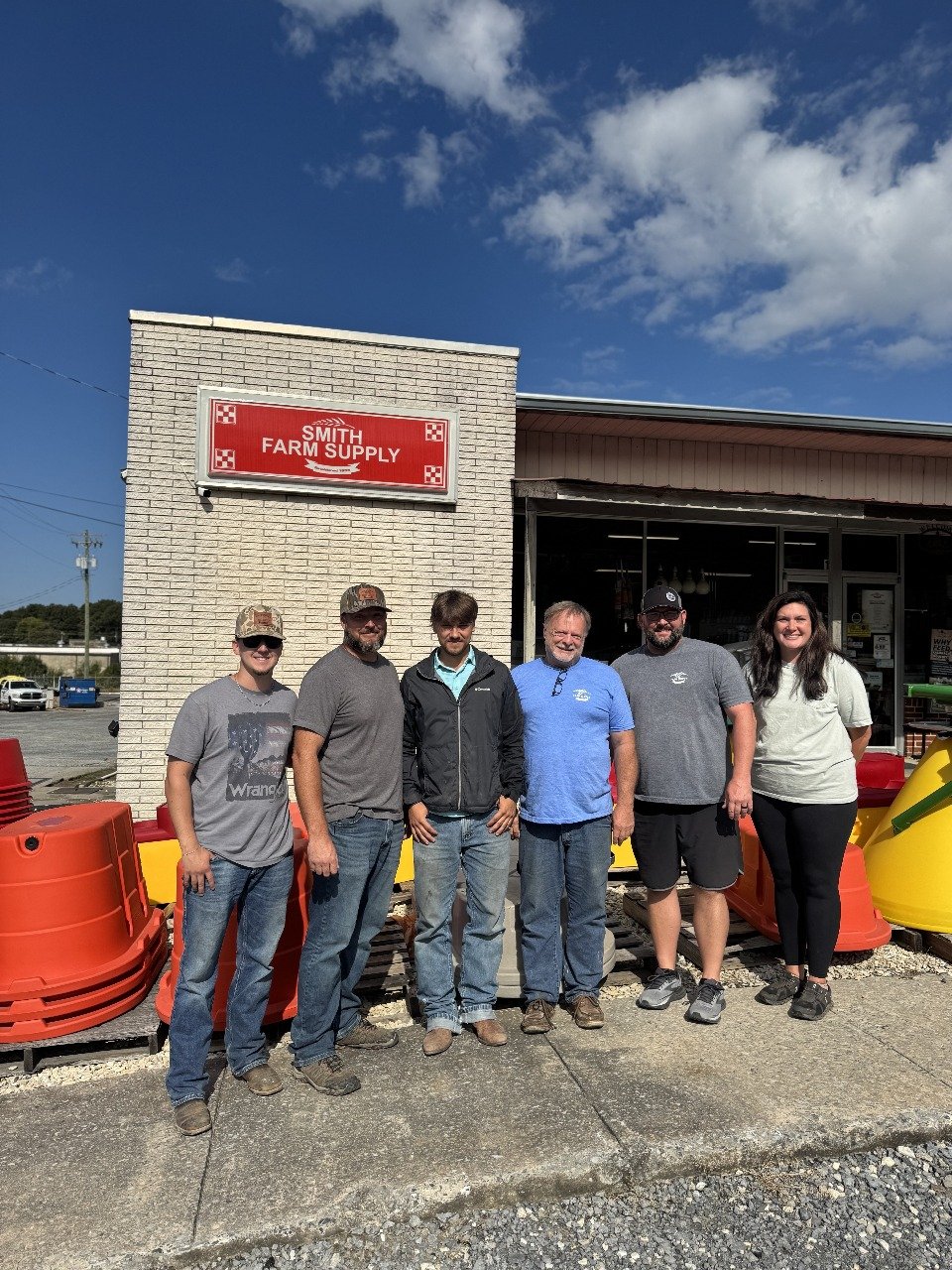In a significant appeal to the federal government, Georgia Governor Brian Kemp has requested $12.2 billion in federal assistance to aid the state’s recovery from the devastating impacts of Hurricane Helene. The storm, which struck in late September, left a trail of destruction across South Georgia and the Augusta area, causing widespread flooding, power outages, and significant loss of life.
The Impact of Hurricane Helene
Loss of Life
Hurricane Helene claimed the lives of 34 Georgians, marking it as one of the deadliest storms in recent years for the state. The fatalities were a result of flooding, structural collapses, and storm-related accidents, emphasizing the severity of the storm’s impact.
Widespread Damage
The hurricane caused extensive damage across South Georgia and the Augusta area, with heavy rainfall leading to severe flooding. Entire neighborhoods were submerged, roads became impassable, and critical infrastructure such as bridges and utility lines sustained significant damage.
Ninety-six of Georgia’s 159 counties remain under a major disaster declaration, highlighting the widespread nature of the storm’s impact. Many residents are still grappling with displaced homes, disrupted services, and damaged businesses.
Power Outages and Infrastructure Challenges
The storm resulted in widespread power outages across affected regions, leaving thousands without electricity for weeks. In addition, essential infrastructure such as water treatment facilities, schools, and hospitals suffered damage, further complicating recovery efforts.
Governor Kemp’s $12.2 Billion Federal Assistance Request
Breakdown of the Request
Governor Kemp’s request for $12.2 billion in federal aid is aimed at addressing both immediate relief needs and long-term recovery projects. The proposed funding includes allocations for:
- Disaster Relief: Direct assistance to individuals and families affected by the storm, including temporary housing, food assistance, and healthcare services.
- Infrastructure Repair and Rebuilding: Funding to repair and rebuild roads, bridges, and public utilities damaged by the storm.
- Flood Mitigation Projects: Investments in projects to prevent future flooding, such as improved drainage systems and reinforced levees.
- Support for Agriculture: Assistance to farmers who suffered significant crop and livestock losses due to the storm’s impact.
- Economic Recovery: Aid for small businesses and local economies that were disrupted by the hurricane.
Governor Kemp’s Statement
Governor Kemp emphasized the urgency of the federal assistance, stating, “Hurricane Helene left a deep scar on our state, taking lives, destroying homes, and disrupting livelihoods. This funding is critical to helping Georgians recover and rebuild stronger than before.”
He also stressed the importance of federal and state collaboration in addressing the unprecedented challenges posed by the disaster.
The Road to Recovery
Immediate Challenges
The immediate focus is on providing relief to the thousands of Georgians still struggling to recover from the storm’s aftermath. Many families remain displaced, living in temporary shelters or with relatives, while waiting for permanent housing solutions. Local governments are also working to restore essential services and clear debris from roads and neighborhoods.
Long-Term Recovery
Rebuilding Georgia’s infrastructure and economy will require years of effort and significant investment. The state plans to prioritize resilient infrastructure projects to mitigate the impact of future hurricanes. Additionally, rebuilding efforts will aim to restore not just physical structures but also the social and economic fabric of affected communities.
Support from Federal Agencies
If approved, the federal assistance will involve collaboration with agencies such as FEMA, the U.S. Department of Agriculture, and the Department of Housing and Urban Development. These agencies will play a crucial role in disbursing funds and overseeing recovery projects.
Georgia’s Resilience and Community Spirit
Despite the devastation caused by Hurricane Helene, Georgia’s communities have demonstrated remarkable resilience and solidarity. Local charities, faith-based organizations, and volunteers have stepped up to provide food, clothing, and other essentials to those in need. Meanwhile, state and local governments are working tirelessly to coordinate relief and recovery efforts.
Governor Kemp’s request underscores the magnitude of the challenge ahead but also reflects a commitment to ensuring that every affected Georgian receives the support they need.
Hurricane Helene’s impact on Georgia has been profound, leaving a lasting legacy of destruction and loss. Governor Kemp’s $12.2 billion federal assistance request marks a critical step toward helping the state recover and rebuild. With federal support, Georgia can not only address the immediate needs of its citizens but also build a stronger and more resilient future in the face of increasingly severe weather events.








